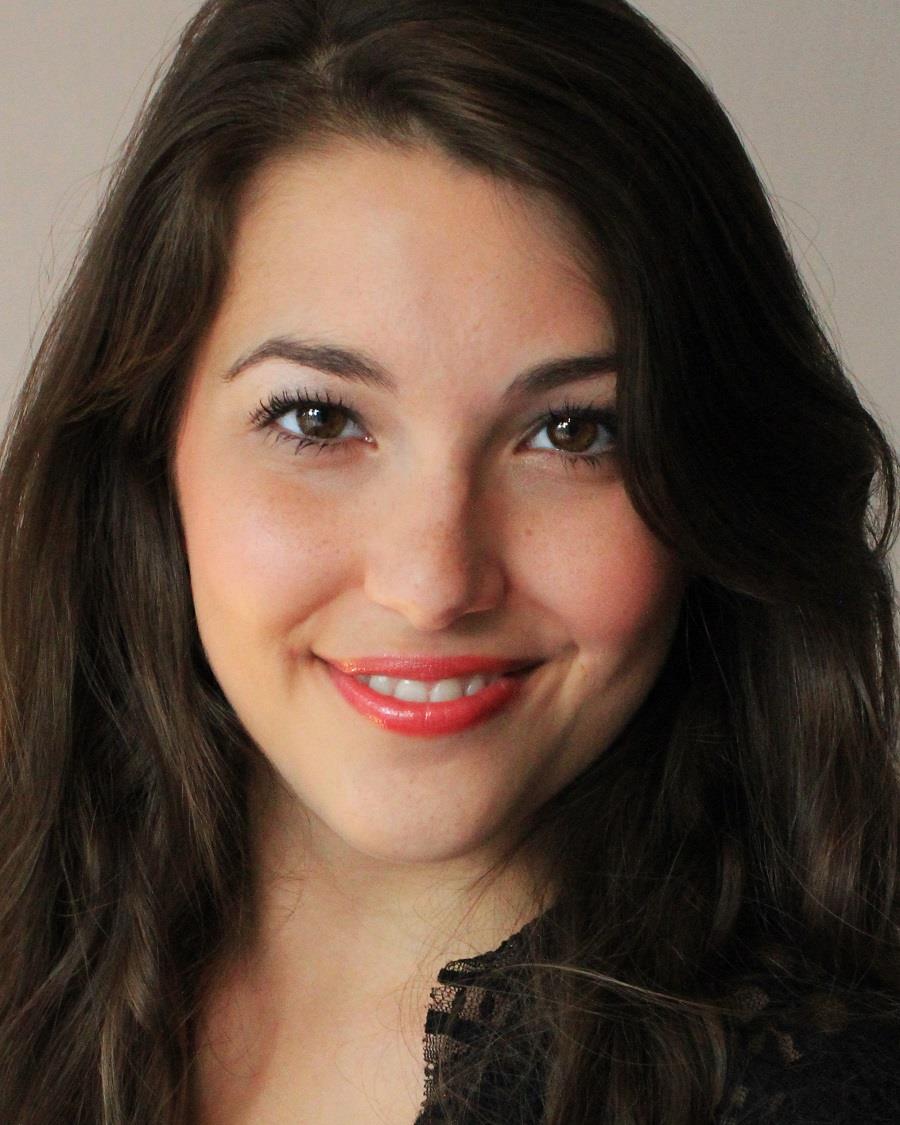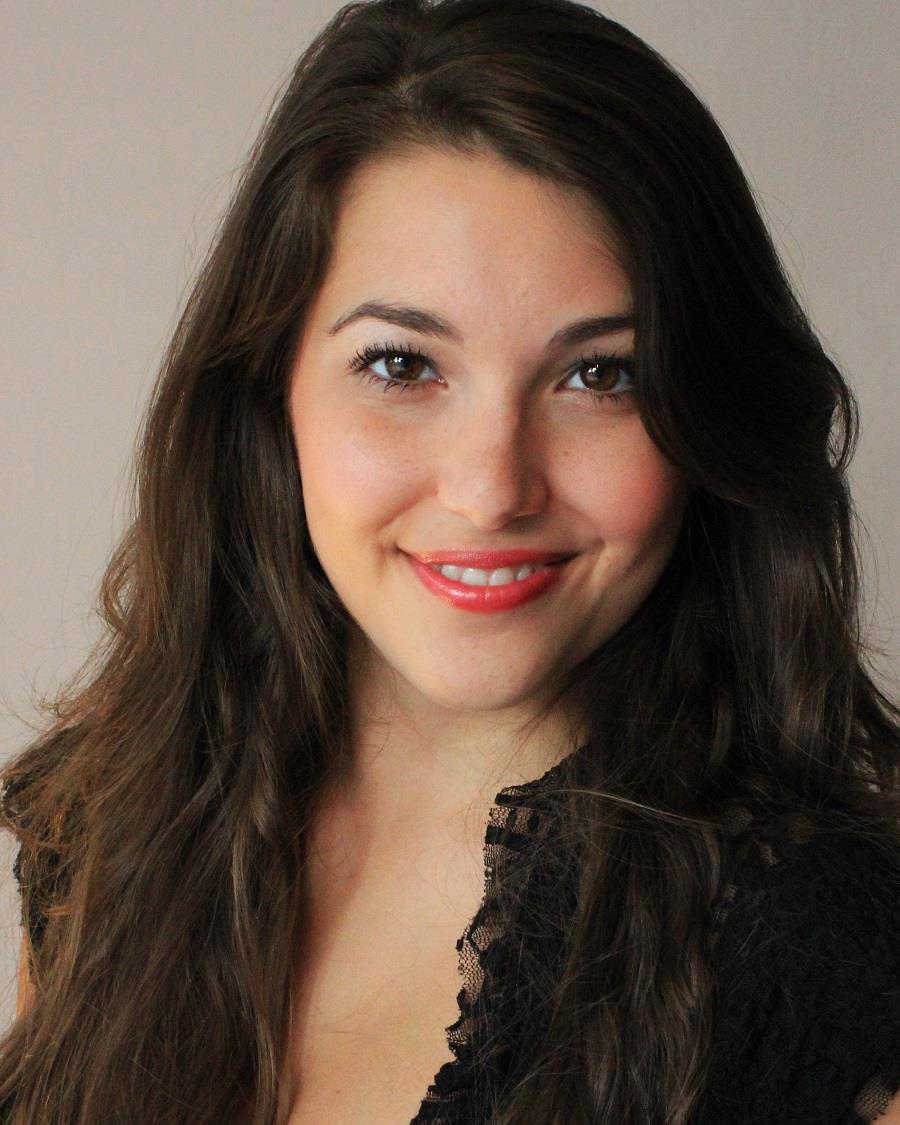As she prepares to perform in the President's New Year's Concert on 31 December, young soprano Nicola Said talks to John Cordina about her artistic development, as well as the struggles and joys of a career in opera.
Nicola has been singing for as long as she can remember, although her passion for opera developed much later.
"My parents say I used to sing all the time, and I remember singing really quietly in the car, as I was really shy. My dad would tell me to sing louder, but I would become embarrassed because my parents heard me," she recounts.
Nicola started taking singing lessons at the age of 9, but admits to knowing very little about opera in her early years, even as she earned a scholarship to Edinburgh Napier University at the age of 18. Her grandmother loved Italian operas, but in her own home, classic rock and musicals dominated. But she only really started looking into it herself when she had to learn a Mozart aria a couple of years before she left Malta.
"I had a classical voice, but I hadn't really thought about the kind of singer I wanted to be," Nicola explains. "It was only in my second year in Edinburgh that I decided that I had fallen in love with opera, and that I definitely wanted to become an opera singer."
And part of that credit may go to YouTube, which was in its early years at the time. "You discover one thing, move on to another... and in the end, there was no turning back," she adds.

Nicola mentions Russian soprano Anna Netrebko - "I was watching her non-stop" - and French soprano Natalie Dessay as her initial inspirations, whereas at present, she is particularly keen on two 20th century greats: Renata Scotto - "everything Italian, it has to be Scotto" - and Maria Callas.
She spent two years in Edinburgh before furthering her studies at the California State University, Long Beach. After three-and-a-half years in the US, she moved to London to study at the Guildhall School of Music and Drama. While she performed a number of operatic roles throughout her studies, her professional debut arrived last year, when she won the challenging role of Zerbinetta in Richard Strauss' Ariadne auf Naxos, earning glowing reviews in the process.
At present, Nicola is focusing primarily on "bel canto" operas, particularly those written by Vincenzo Bellini and Gaetano Donizetti, as they are particularly well suited to her singing voice at present. While Richard Strauss is known for more dramatic works, Nicola points out that the role of Zerbinetta is very much in the bel canto style.
Her "dream role without a doubt", appropriately enough, is the title role in Donizetti's Lucia di Lammermoor, one of the most notable operas of the bel canto genre.
Sacrifice and success
There's an obvious glamour to being an operatic soprano, but Nicola also highlights that it also requires a great commitment. Additionally, the impact on one's social life is considerable, arguably even more so at a young age.
In Nicola's case, moving abroad at 18 made it difficult to keep in touch with her friends, and moving from one place to another as she furthered her studies and developed her career hasn't helped.
"I had to make new friends each time. This is not a bad thing in itself, but you don't have much time to build proper close friendships," she muses. "What I've found is that I have very close friendships with very few people."
It doesn't help that as a soprano, Nicola also has to be careful about how to socialise.
"I can't shout, so I can't go to clubs or loud clubs because I could end up losing my voice. I cannot be around cigarettes... there is little I can do when it comes to nightlife," she explains. Eating out seems to be an obvious option, but even that is limited, as taking care of one's voice also involves watching what you eat.
But taking care of one's voice is only part of the equation: getting bookings and winning roles in operas is another. And when one auditions regularly, rejections are sure to come frequently.
"You have to build a 'muscle' to become strong enough to withstand rejection, because it's going to happen. You have to apply for auditions constantly, and you never know what the outcome will be," she says. "When you feel you've done really well in an audition and you don't get the part, the disappointment can be very difficult to deal with."
Especially when you're just starting out, she adds, so it is perhaps unsurprising that her advice to any budding opera singers is primarily "be patient".
"You have to be very aware of what's in store, of just how difficult it can be. You're not going to have a normal job and earn lots of money early on," Nicola explains.
Would-be singers also need to be patient with their own development, as not everyone develops at the same pace, and Nicola strongly warns against comparing oneself with others.
"If you constantly beat yourself up, you can end up ruining yourself. And we opera singers are perfectionists; we beat ourselves up a lot..."
But in the end, Nicola emphasises, the joys her career has brought her greatly outweigh the challenges she has faced.
"When I go on stage, I feel at home," she says. "I long to be there, I'm drawn to it like nothing else."

A fun programme for the New Year
There's a lot Nicola looks forward to as the President's New Year's Concert draws close.
While she has performed with the Malta Philharmonic Orchestra before, this is the first time she is doing so as a main soloist, and not as a guest performer. The concert will also mark her first appearance at the Mediterranean Conference Centre since she turned her lifelong love of singing into a profession.
But Nicola also points out that she is very excited about the concert's programme, which is aimed towards a wider audience than her typical appearances in operas and concerts.
"I dreamt of doing something like this, of performing something more popular," she notes, though she does clarify that the programme is not pop. The programme includes a number of light arias, songs from musicals and other music suitable for an orchestra and soprano.
"What I'm performing is quite challenging, it's a very difficult programme... but it's been planned well," Nicola observes. And while the programme aims to be accessible to the general public, she emphasises that singing such arias is, ultimately, "fun."
The President's New Year's Concert will take place at the Mediterranean Conference Centre on New Year's Eve, starting at 8:30pm. The performance, which features the Malta Philharmonic Orchestra directed by Greek conductor Dionysis Grammenos, lasts an hour without intermission to allow the audience to continue their New Year's celebrations elsewhere, including the national celebrations in Valletta.
Tickets for the event, at €10, may be purchased at the MCC or through its website mcc.com.mt. Proceeds go to the Malta Community Chest Fund.